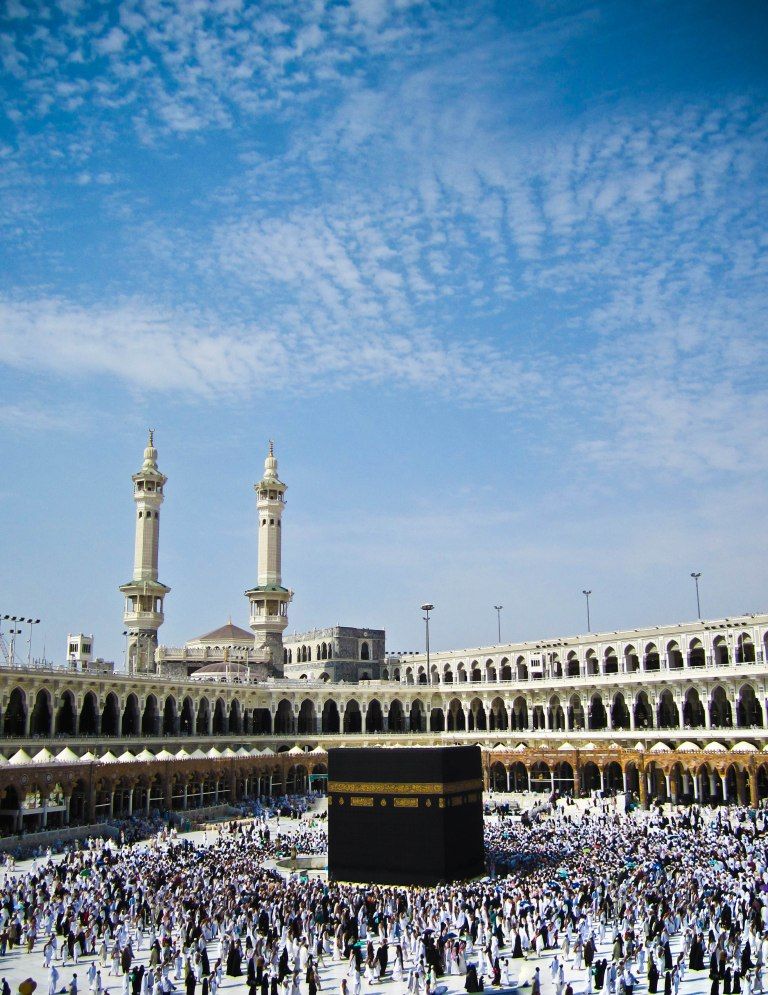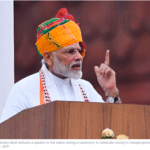The Pakistani government is reportedly considering returning its Hajj quota to Saudi Arabia due to a lack of applications caused by rising inflation and a shortage of dollars. This year, a quota for the Hajj pilgrimage was available in the country for the first time, but authorities received a low number of applications, which they attribute to high inflation. The final decision to return the quota will be made by the federal cabinet. The government also considered giving the official Hajj quota to private operators, but this would cause unnecessary demand for foreign currency, as they would need to collect dollars from the open market.
Pakistan has been demanding an increase in the Hajj quota, allowing for 179,210 pilgrims to 202,000 or 201,000 pilgrims. However, this year, when the country received its complete quota of 179,000 pilgrims after many years, it was not utilized entirely due to the lack of applicants. The expense of government-sponsored Hajj is around Rs1.2 million.
To address the acute shortage of dollars amid the collapsing economy, the Ministry of Religious Affairs and Interfaith Harmony had decided to allocate a 50% special quota in the Government Hajj Scheme-2023 for pilgrims who would pay in US dollars. However, only 8,000 applications were received under the sponsorship scheme, and the government fell short of 9,000 applicants, with a quota of 89,605 Hajj pilgrims set under the government scheme.
Under the official regular scheme, 28,679 additional applications were received against the quota of 44,190, and the additional applicants were sent for the Hajj pilgrimage without a lucky draw. The sources said that a total of $235 million was required for the government scheme, with some of the funds being provided by the sponsorship scheme and the rest by the government.
The shortage of dollars and rising inflation have resulted in a lack of applications for the Hajj pilgrimage in Pakistan, leading to the government considering returning its quota to Saudi Arabia. The situation raises questions about the impact of economic instability on religious practices and the affordability of religious obligations for individuals and governments.














